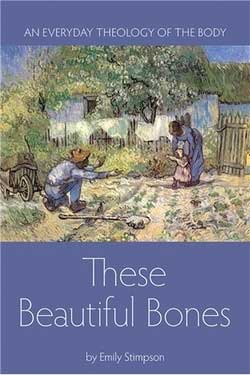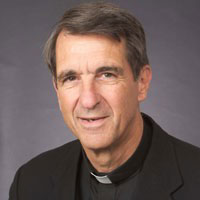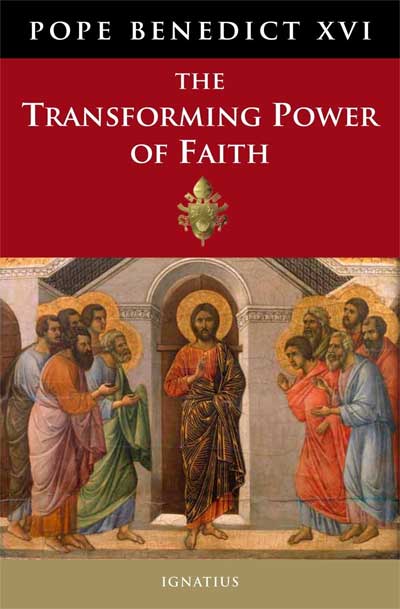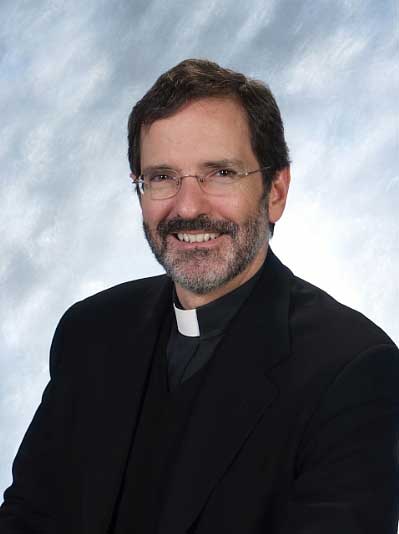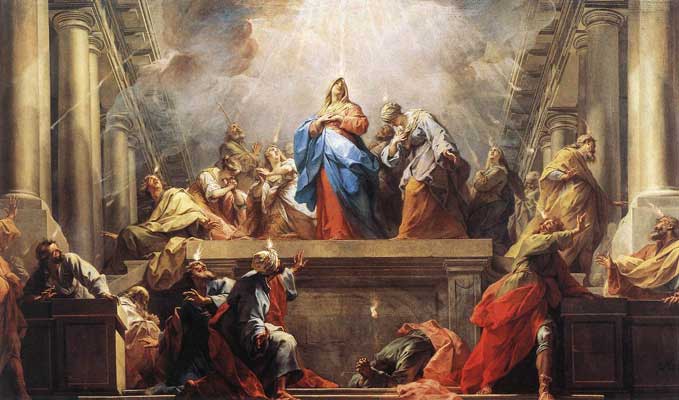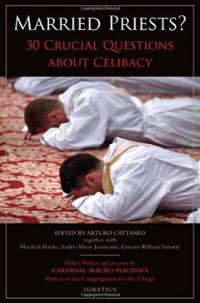Born Again in Baptism
Podcast: Play in new window | Download (Duration: 1:02 — 971.1KB) | Embed
Subscribe: Apple Podcasts | Spotify | Amazon Music | Android | Pandora | iHeartRadio | JioSaavn | Podchaser | Gaana | Podcast Index | Email | TuneIn | Deezer | Anghami | RSS | More
Are you born again? It’s a question that Catholics aren’t quite sure how to respond to, but those who are living out their faith should answer with a whole-hearted Yes.
The term “born again” comes from John 3 when our Lord tells Nicodemus, “Amen, Amen, I say to you, no one can see the kingdom of God without being born from above,”1 or “born again,” as some translations put it. Nicodemus is confused, thinking that Jesus is referring to a 2nd physical birth, so Jesus clarifies that “no one can enter the kingdom of God without being born of water and Spirit.”2 The early Church unanimously interpreted this as a reference to the sacrament of baptism, 3 which is no mere symbolic ritual, but the normative instrument that Christ instituted for our spiritual rebirth.
Romans 6 says that in baptism our old natures are buried and we are raised to new life in Christ. 4 And 1 Peter 3:21 puts it plainly, “baptism now saves you.”
Salvation is a lifelong process, a race to the finish line. But baptism is where it all begins, where we are born again, if you will.
1 – Jn. 3:3
2 – Jn. 3:5
3 – See Catholic Answers website on subject: http://www.catholic.com/library/Born_Again_in_Baptism.asp
4 – Rom. 6:3-4



